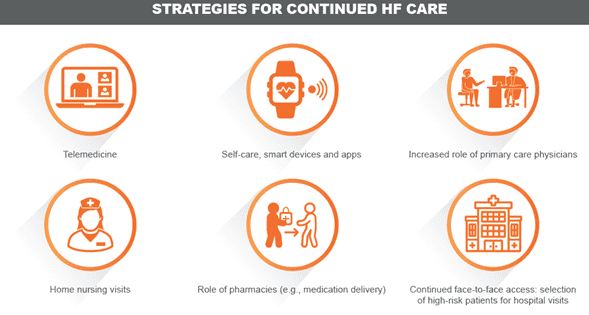
The impact of the COVID-19 pandemic on heart failure management: global experience of the OPTIMIZE Heart Failure
During the COVID-19 pandemic, reductions in heart failure (HF) hospitalizations have been widely reported, and there is an urgent need to understand how HF care has been reorganized in countries with different infection levels, vaccination rates and healthcare services. The OPTIMIZE Heart Failure Care program has a global network of investigators in 42 countries, with first-hand experience of the impact of the pandemic on HF management in different care settings. The national coordinators were surveyed to assess: 1) the challenges of the COVID-19 pandemic for continuity of HF care, from both a hospital and patient perspective; 2) the organizational changes enacted to ensure continued HF care; and 3) lessons learned for the future of HF care. Contributions were obtained from 37 national coordinators in 29 countries. We summarize their input, highlighting the issues raised and using the example of three very different settings (Italy, Brazil, and Taiwan) to illustrate the similarities and differences across the OPTIMIZE program.
Common challenges for HF care during the COVID-19 pandemic were reported. They included clinical, patient-related, and logistical factors
LESSONS LEARNT
Major limitations on hospital-based care were reported, with accompanying deterioration in morbidity and mortality.
The OPTIMIZE program helped clinicians and patients to remain focused on key guideline-based treatment recommendations and to reduce the need for unplanned hospital visits and rehospitalizations.
SCAC 07/22 CAR 003 MPAD
STRATEGIES FOR CONTINUED HF CARE


Keep up to date with our content
Subscribe to our newsletter so that you are always up to date with the news.
